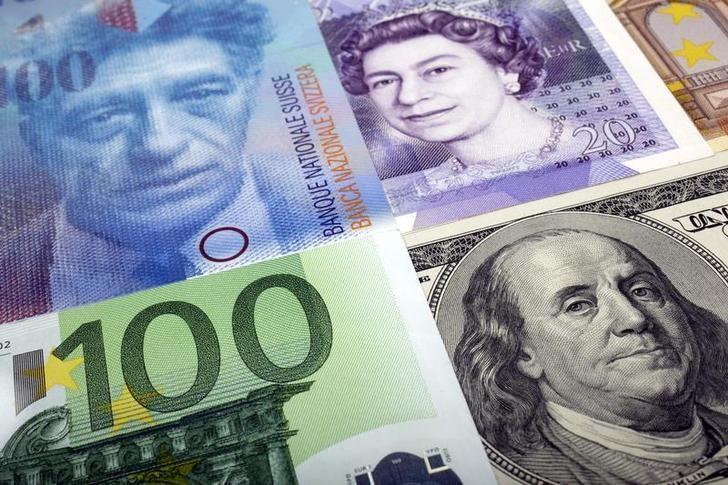By Jemima Kelly
LONDON (Reuters) - The dollar recovered from earlier losses on Tuesday, on the view the market had over-reacted to worries about U.S. President-elect Donald Trump's first news conference.
The dollar had fallen as much as 1 percent against a basket of currencies (DXY) since the start of the week. Investors had fretted that Trump - who takes office on Jan. 20 - could shake markets at Wednesday's press conference by taking an aggressive line on issues such as trade policy and relations with China.
But the dollar had steadied by 1230 GMT, with the index trading flat at 101.89. The euro, which had earlier hit an 11-day high above $1.06, was also flat at $1.0580.
Nordea currency strategist Niels Christensen, in Copenhagen, noted that Trump had taken a relatively conciliatory tone in his victory speech, and would be more likely to make the kinds of radical, off-the-cuff comments that investors fear via other channels, such as social media.
"Trump can make remarks more or less all the time, but I think when it is an official press conference, he will have been briefed and he might not be as inclined to go off and make some radical statement," Christensen said.
"So the market had got a bit ahead of itself about the press conference tomorrow."
The dollar index has climbed 4 percent since Trump's election on Nov. 8, as investors bet his promised program of fiscal expansion will boost inflation and growth, leading to a faster pace of interest rate rises from the Federal Reserve.
Boston Federal Reserve President Eric Rosengren on Monday called on the U.S. central bank to step up the pace of its rate increases from the once-a-year pattern it has pursued since 2015, warning of inflation risks if it does not.
At a separate event, Atlanta Fed President Dennis Lockhart said it was too early to judge how the incoming Trump administration may change the path of the economy.
"The Fed has stressed this enormous uncertainty (around Trump), so ... the main driver right now (for the dollar) is not monetary policy, because monetary policy will react to what we’re going to hear from Donald Trump in the next couple of weeks," said Commerzbank (DE:CBKG) currency strategist Esther Reichelt, in Frankfurt.

Disquiet over whether Britain will undergo a "hard" exit from the European Union - in which immigration controls get priority over access to the single market - kept pressure on sterling, which hit a 10-week trough.